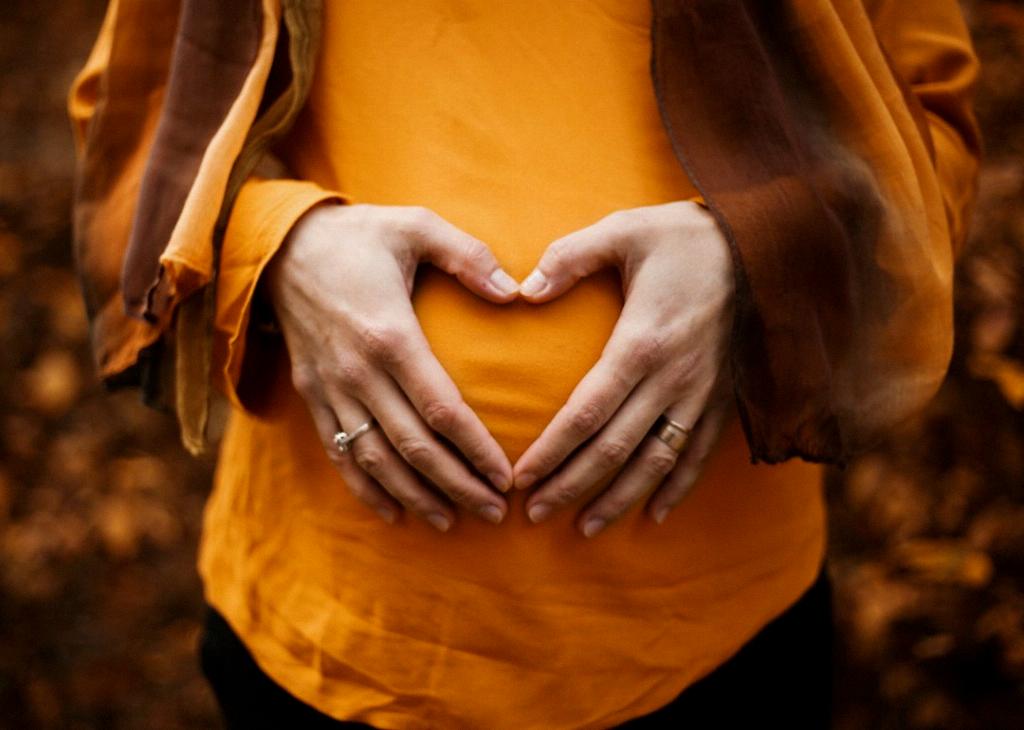Uterine fibroids, also known as leiomyomas or myomas, are non-cancerous growths that develop in the wall of the uterus. These growths can vary in size and number and are quite common, especially among women of reproductive age. However, one of the burning questions that many women with uterine fibroids have is whether they can still get pregnant.
Possibility of Pregnancy with Uterine Fibroids
It is crucial to note that in most cases, the presence of uterine fibroids does not necessarily impede a woman’s ability to conceive. A large majority of women with fibroids can still get pregnant naturally and carry the pregnancy to full term without any complications.
Impact of Fibroids on Fertility
Although many women with fibroids have successful pregnancies, around 10-30% of cases can experience challenges with fertility. The specific impact of fibroids on fertility can vary depending on factors such as the size and location of the fibroids within the uterus.
Fibroid Size and Location
The size and location of the fibroids play a significant role in determining their impact on fertility. Large fibroids or those located near the fallopian tubes can potentially interfere with the implantation of a fertilized egg or block the fallopian tubes, making it harder for sperm to reach the egg.
Effect on Pregnancy
In cases where a woman with fibroids successfully conceives, there can still be potential complications during the pregnancy. These complications may include a higher risk of miscarriage, preterm birth, fetal growth restriction, and even certain complications during delivery.
Management Options
If you are concerned about how uterine fibroids might impact your ability to get pregnant, it is essential to consult with a healthcare provider. They can assess the size and location of your fibroids and recommend appropriate management options based on your individual case.
Fertility Treatments
For women facing challenges with fertility due to fibroids, there are various treatment options available. These may include medications to shrink the fibroids, surgical procedures to remove them, or assisted reproductive technologies such as in vitro fertilization (IVF).
Consulting a Specialist
If you are struggling to conceive and suspect that your fibroids may be a contributing factor, it is advisable to seek the expertise of a fertility specialist. They can provide personalized recommendations and treatment options tailored to your specific needs.
Lifestyle Modifications
Along with medical interventions, making certain lifestyle modifications can also help improve fertility outcomes for women with fibroids. These may include maintaining a healthy weight, eating a balanced diet, exercising regularly, and managing stress effectively.
Emotional Support
Coping with fertility challenges can be emotionally taxing, especially when dealing with the added complexity of uterine fibroids. Seeking emotional support from loved ones, support groups, or mental health professionals can be beneficial in navigating this journey.
The Bottom Line
In conclusion, while uterine fibroids do not necessarily preclude a woman from getting pregnant, they can pose challenges for some individuals. By understanding the potential impact of fibroids on fertility and pregnancy, seeking appropriate medical guidance, and exploring available treatment options, women with fibroids can take proactive steps towards achieving their dream of starting a family.

